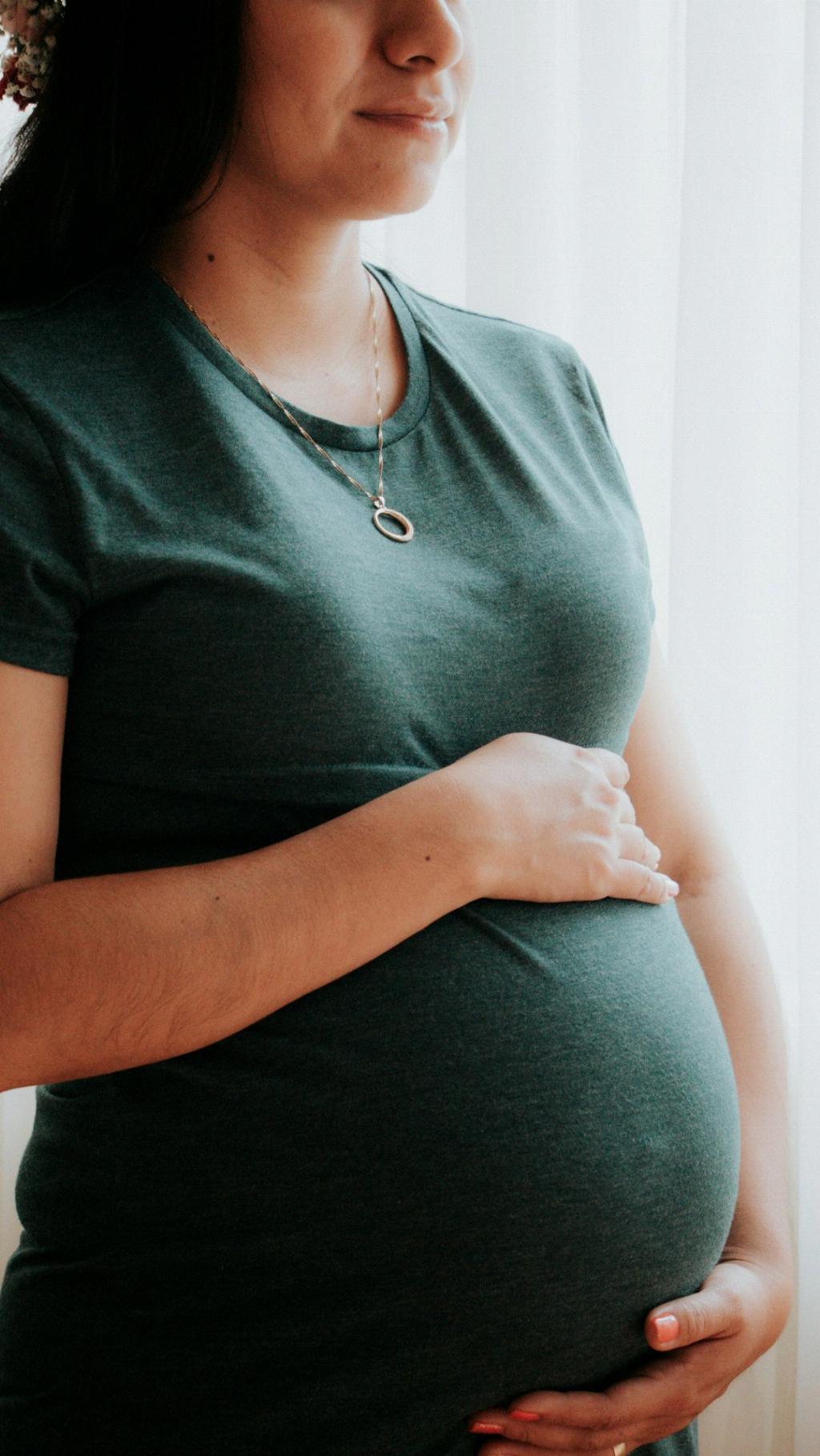When it comes to tubal pregnancies, also known as ectopic pregnancies, there is often confusion surrounding the correlation between this condition and pregnancy tests. A tubal pregnancy occurs when a fertilized egg implants outside the uterus, typically in the fallopian tube. This abnormal implantation can lead to serious complications, as the fallopian tube is not equipped to support a growing embryo.
Factors Affecting Pregnancy Test Results
One of the key factors that influence the results of a pregnancy test in the case of a tubal pregnancy is the production of human chorionic gonadotropin (hCG) hormone. This hormone is typically produced by the placenta after implantation occurs. However, in a tubal pregnancy, the embryo implants outside the uterus, leading to lower hCG levels than in a normal intrauterine pregnancy.
Positive Pregnancy Test in Tubal Pregnancy
Despite the lower hCG levels in a tubal pregnancy, it is still possible to receive a positive result on a pregnancy test. This is because even in ectopic pregnancies, some level of hCG is produced, albeit at lower levels than in a normal pregnancy. Therefore, a positive pregnancy test can be one of the indicators of a possible tubal pregnancy.
False Negative Results
On the other hand, it is crucial to note that false negatives can also occur in the case of a tubal pregnancy. Since hCG levels may be lower than in a normal pregnancy, especially in the early stages, a pregnancy test may not always detect the presence of hCG, resulting in a false negative result.
Importance of Medical Consultation
Given the complexities surrounding tubal pregnancies and pregnancy tests, it is imperative to seek medical attention if there are any concerns about a possible ectopic pregnancy. A healthcare provider can perform additional tests, such as transvaginal ultrasound, to confirm the diagnosis and determine the appropriate course of action.
Symptoms of Tubal Pregnancy
It is essential to be aware of the symptoms associated with tubal pregnancies, which may include vaginal bleeding, abdominal pain, shoulder pain, and dizziness. If experiencing any of these symptoms, especially in conjunction with a positive pregnancy test, prompt medical evaluation is advised.
Risk Factors
Several risk factors may increase the likelihood of a tubal pregnancy, including a history of pelvic inflammatory disease, previous ectopic pregnancies, tubal surgeries, and fertility treatments. Understanding these risk factors can aid in early detection and management of tubal pregnancies.
Treatment Options
The treatment approach for a tubal pregnancy depends on various factors, such as the location and size of the ectopic pregnancy, as well as the overall health of the individual. Options may include medication to stop the growth of the embryo or surgical intervention to remove the ectopic pregnancy.
Emotional Impact
Coping with a tubal pregnancy can be emotionally challenging for individuals and couples. It is important to acknowledge and address the emotional impact of such a diagnosis, seeking support from healthcare professionals, counselors, or support groups as needed.
Prevention Strategies
While tubal pregnancies cannot always be prevented, certain measures can help reduce the risk, such as practicing safe sex to prevent sexually transmitted infections that may lead to pelvic inflammatory disease, which is a risk factor for ectopic pregnancies.
Conclusion
In conclusion, the presence of a positive pregnancy test in the context of a tubal pregnancy can indicate the need for further evaluation and medical intervention. Understanding the factors that can influence pregnancy test results in ectopic pregnancies is crucial for timely diagnosis and appropriate management of this condition.

